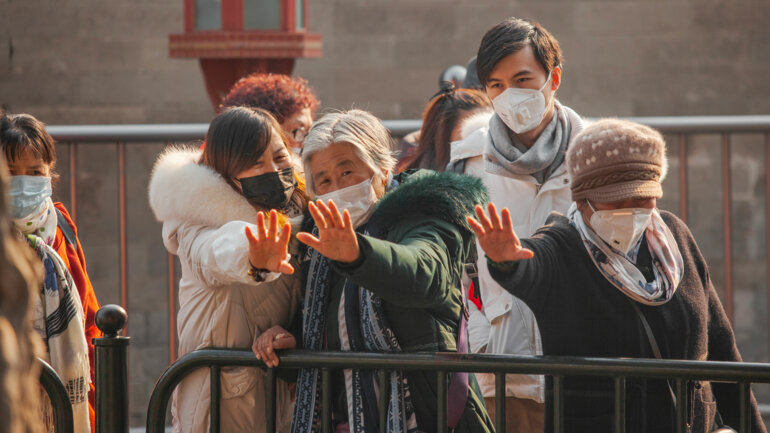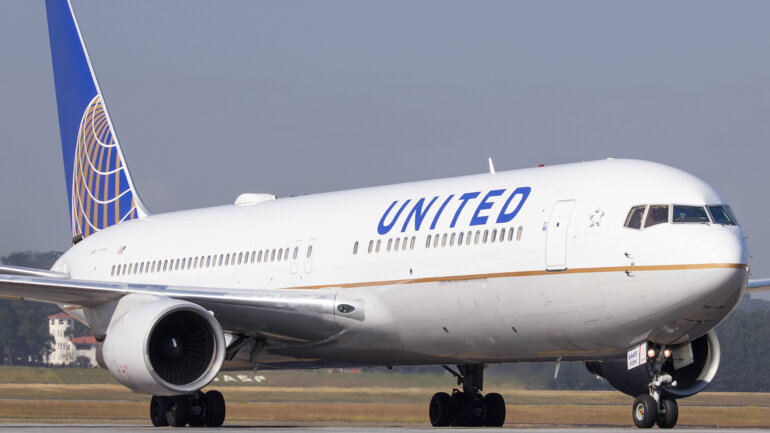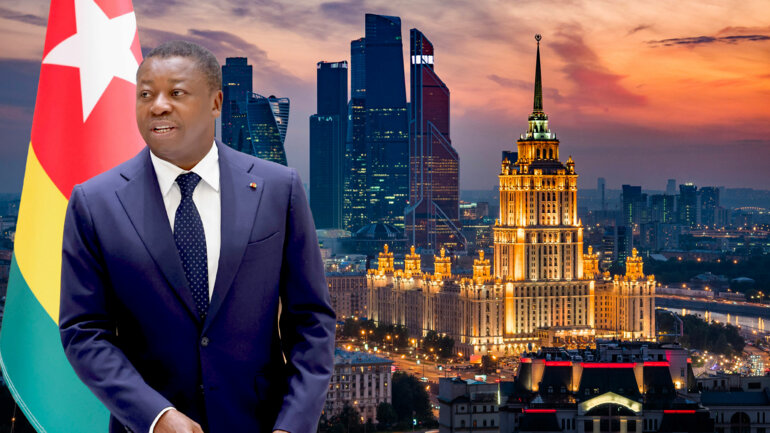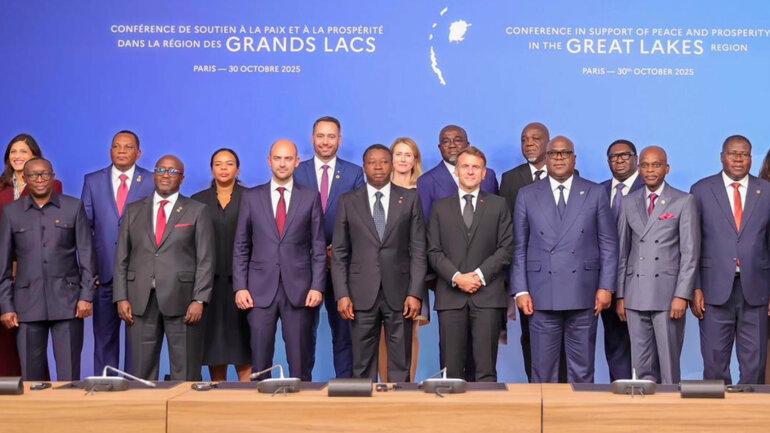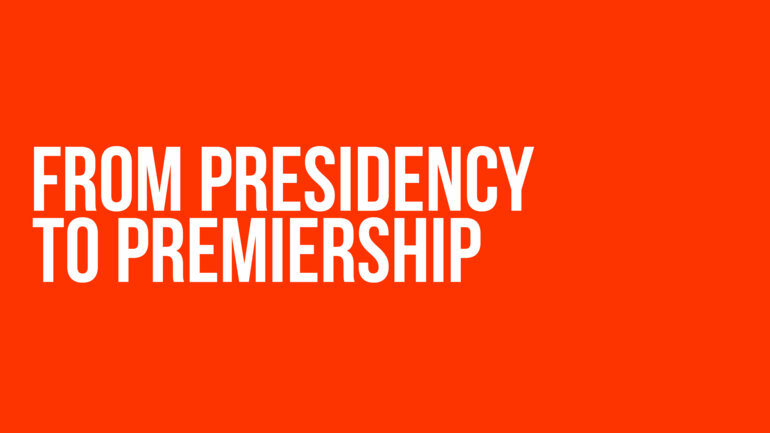
- Diplomatie
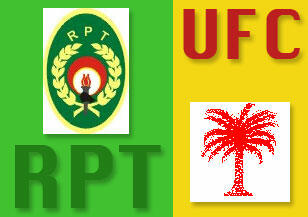
Togo's ruling party won a majority of seats in Togo's legislature, provisional results showed Thursday. The main opposition party, which boycotted voting over the last decade but ran in Sunday's election, accused the ruling government of buying votes in northern parts of the country. International observers, however — including those from the African Union and the European — deemed the vote free and fair.
President Faure Gnassingbe's ruling party won 49 of the 81 parliament seats that were up for grabs in Sunday's election, compared to 21 for the party of opposition leader Gilchrist Olympio, electoral commissioner Tozim Potoper announced late Wednesday.A smaller party won four other seats; results from the remaining seven have not been announced but are expected later Thursday.
Turnout was more than 85 percent, one of the highest ever recorded in the country's political history.
"We will share our majority with the other parties in the interest of the nation," said Pascal Bodjona of the ruling party. "We shall now have a representative parliament that will support President Faure Gnassingbe to push through his national political programs of democratization, human rights, the rule of law" and the economy.
Prime Minister Yawovi Agboyibo is expected to step down in the next few days as required by Togo's constitution. Gnassingbe will appoint a replacement.
The president had called the election the beginning of a great reform for his nation of 5 million people. Significant international aid is at stake. The European Union, which cut funding to the impoverished country in 1993 over concerns about its totalitarian government, has since resumed some aid. The bloc has said it is looking to Sunday's vote as it decides whether to restore full funding.
Sunday's vote was organized by a power-sharing government under an August 2006 deal that set up an independent electoral commission and put an opposition leader in the post of prime minister.
Originally scheduled for June, the vote had been delayed twice by disputes over the issuing of voter cards and protocol for the approximately 5,000 polling stations.
More than 2,000 candidates were running for 81 seats, according to the electoral commission.

